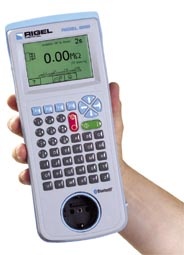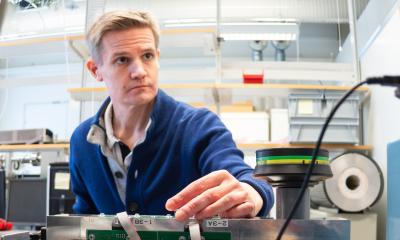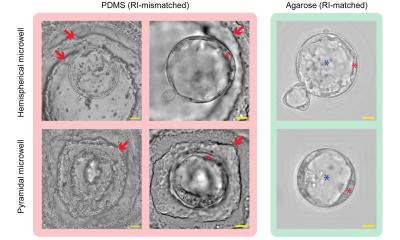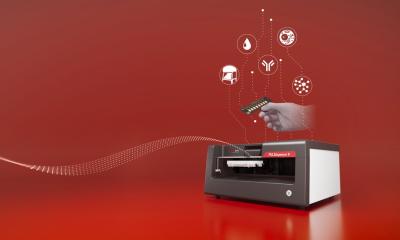Electro-medical safety tester meets new IEC 62353 standard
Rigel Medical, part of the Seaward Group, has launched a new biomedical electrical safety analyser.

The Rigel 288 which meets the IEC 60601, and the forthcoming IEC 62353 in service test standard for electromedical equipment. ‘The ergonomically designed, hand-held safety tester combines innovative lightweight design and advanced test technology with a range of special features including battery power, blue tooth connection for data transfer and a menu driven easy to operate user interface.’
The analyser provides automatic, semi-automatic or fully manual electrical safety testing of all electromedical equipment. Importantly, preset or customised test programmes can also be selected to enable users to comply with individual, local or international standards outside the scope of IEC 62353 and IEC 60601 to provide fast and efficient testing of medical equipment with up to 10 individual patient connections or applied parts, Rigel adds. ‘The instrument’s internal memory can be used to store details of test results for transfer to a PC database, alongside user defined inspections and checks on such equipment as SpO2, NIBP, ECG and other electromedical equipment.’
This, with the Rigel 277 and Rigel 266 and Rigel 300 series (which includes a range of testers to verify the functionality of NIBP testers, pulse oximetry analysers, ventilators and defibrillators) and the company’s other test equipment, are on show at MEDICA.
Hall 11. Stand G48
14.11.2006





